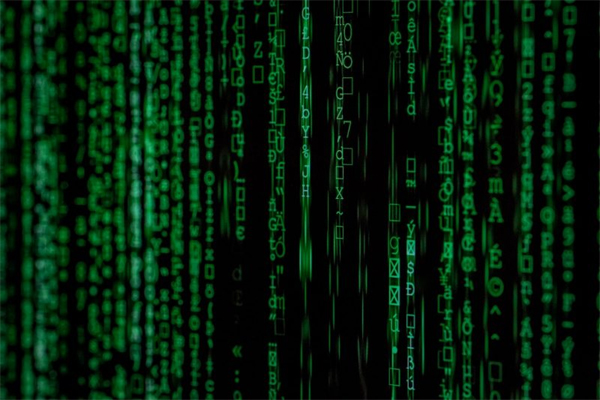
Jack Gillum and Jeff Stone, Bloomberg News
NEW YORK
EnergiesNet.com 03 25 2022
Four Russian nationals who worked for the government committed cyberattacks against hundreds of companies in the energy sector worldwide, the U.S. Justice Department announced Thursday as part of a sweeping pair of indictments aimed at curbing state-sponsored hacks.
Federal prosecutors allege an employee affiliated with Russia’s defense ministry installed “back doors” in computer systems and deployed malware aimed at crippling the safety of energy facilities. A separate indictment alleges three employees of the Federal Security Service, or FSB, undertook a years-long effort to target and compromise computer systems across the energy sector.
The Justice Department alleges both conspiracies occurred between 2012 and 2018, and targeted thousands of computers in about 135 countries. A senior law enforcement official said that although the hacks didn’t extend beyond 2018, they underscore ongoing threats to critical infrastructure.
“Russian state-sponsored hackers pose a serious and persistent threat to critical infrastructure both in the United States and around the world,” Deputy Attorney General Lisa Monaco said in a statement. “Although the criminal charges unsealed today reflect past activity, they make crystal clear the urgent ongoing need for American businesses to harden their defenses and remain vigilant.
The Biden administration has made repeated pleas to the private sector that they improve their cybersecurity protections in recent weeks amid Russia’s invasion of Ukraine. President Joe Biden and other senior U.S. officials have warned Russia is exploring possible cyberattacks against U.S. companies and organizations as retaliation for financial sanctions imposed by Washington and European nations.
One of the defendants, Evgeny Gladkikh, a computer programmer employed by an institute affiliated with the Russian Ministry of Defense, along with unnamed co-conspirators allegedly used malware known as Triton to hack a refinery outside the U.S. between May and September 2017.
The breach caused safety systems made by Schneider Electric to trigger an automatic emergency shutdown of the organization’s operations, according to the indictment.
Prosecutors also alleged that three hackers associated with the FSB targeted software and hardware at power generation facilities, aiming to provide the Russian government with the ability to disrupt hacked computers at its discretion.
Those defendants – Pavel Akulov, Mikhail Gavrilov and Marat Tyukov – are accused of engaging in campaigns in which they installed malware on more than 17,000 devices in the U.S. and abroad. With one technique, known as a “watering hole” attack, the attackers tried duping engineers at a target organization to visit a compromised website, where hackers could deploy malware and capture website visitors’ credentials, according to federal authorities.
The suspects were affiliated with a hacking group known alternatively as Berzerk Bear and Energetic Bear that cybersecurity researchers have long suspected was tied to the Russian government.
bloomberg.com 03 24 2022












